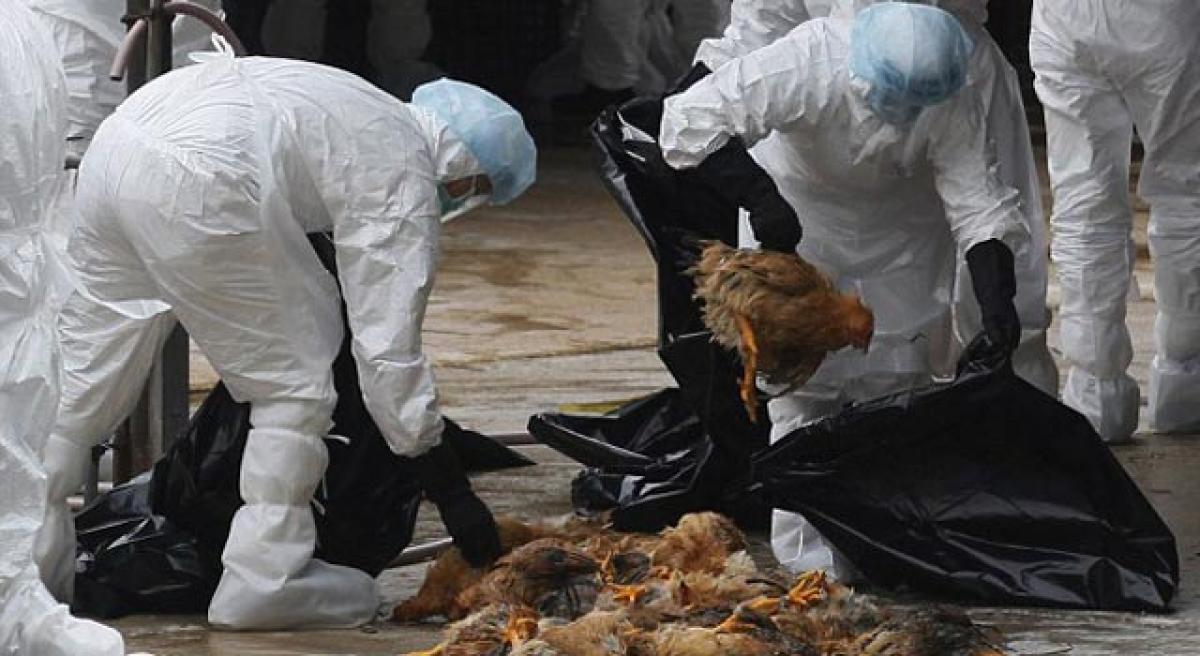Live
- BJP urges EC to stop Cong’s ‘Guarantee Cards’ campaign aimed to 'induce voters'
- Congress cheated Madigas: Dr. RS Praveen Kumar
- CBDT signs record 125 pacts to ease tax payments by big multinational firms
- Kamal Nath accuses BJP of ‘threatening’ Congress leaders in Chhindwara
- Odisha: BJP, BJD allege violation of MCC
- PM Modi lands in Guwahati to kickstart poll campaign
- ‘100 day action plan’ is PM Modi’s signature style for setting goals and meeting targets
- BJP will change the Constitution if they come to power again, says Priyanka Gandhi
- BJP-led NDA to cross 390-mark in Lok Sabha polls, predicts India TV-CNX survey
- Haier launches new TV series in four sizes in India









